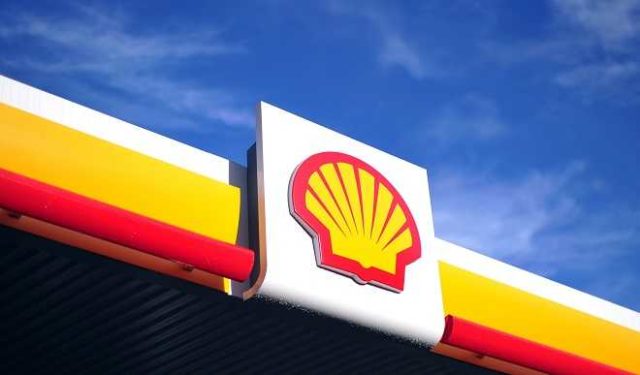Shell Deutschland GmbH has taken a final investment decision (FID) to convert the hydrocracker of the Wesseling site at the Energy and Chemicals Park Rheinland into a production unit for Group III base oils, used in making high-quality lubricants such as engine and transmission oils. Crude oil processing will end at the Wesseling site by 2025 but will continue at the Godorf site.
Huibert Vigeveno, Shell’s Downstream and Renewables Director, said: “The repurposing of this European refinery is a significant step towards serving our growing lubricant customer base with premium base oils. This investment is part of Shell’s drive to create more value with less emissions.”
The high degree of electrification of the base oil plant, as well as the ceasing of crude oil processing into fuels at the Wesseling site, is expected to reduce Shell’s scope 1 and 2 carbon emissions (those which come directly from our operations and those from the energy we buy to run our operations) by around 620,000 tonnes a year. Shell’s target is to become a net-zero emissions energy business by 2050.
The new base oil plant is expected to start operations in the second half of this decade. It will have a production capacity of around 300,000 tonnes a year, equivalent to about 9% of current EU demand and 40% of Germany’s demand for base oils.
Notes to editors:
This investment, financed by Shell’s Chemicals and Products business, meets the minimum acceptable internal rate of return set out at our Capital Markets Day in 2023.
A hydrocracker converts heavy, low-quality hydrocarbons into lighter, high-quality products, such as fuels (gasoline, jet fuel, diesel), chemicals feedstocks, and base oil feedstocks. This is achieved through a high-pressure, high temperature reaction between the hydrocarbons and hydrogen, in the presence of a catalyst.
Group III base oils are mineral base oils with very high viscosity, produced by hydrocracking technology. The market for high-quality engine and transmission oils, as well as e-fluids and cooling fluids, some of which are made from these base oils, is expected to grow.
Shell has already driven forward the transformation of the Energy and Chemicals Park Rheinland with investments in a 10-megawatt electrolyser to produce renewable hydrogen and a biomethane liquefaction plant.
Shell’s Energy and Chemicals Park Rheinland is located near Cologne and is comprised of two sites: Wesseling and Godorf. It currently has capacity to process over 17 million tonnes of crude oil a year, of which 7.5 million tonnes are processed at the Wesseling site.
Despite ceasing crude oil processing at the Wesseling site, fuel supplies for the German market are expected to remain stable and secure.












